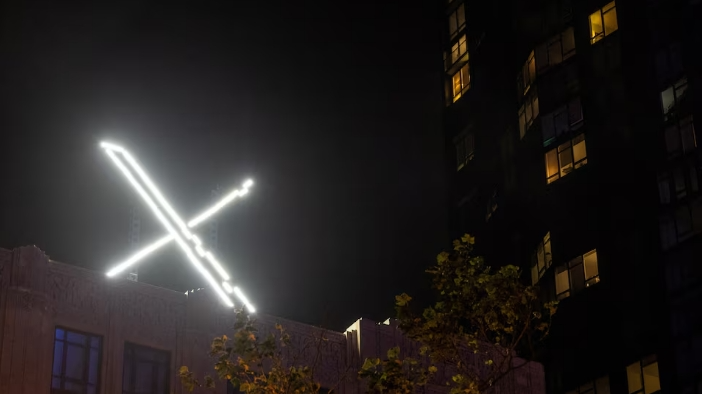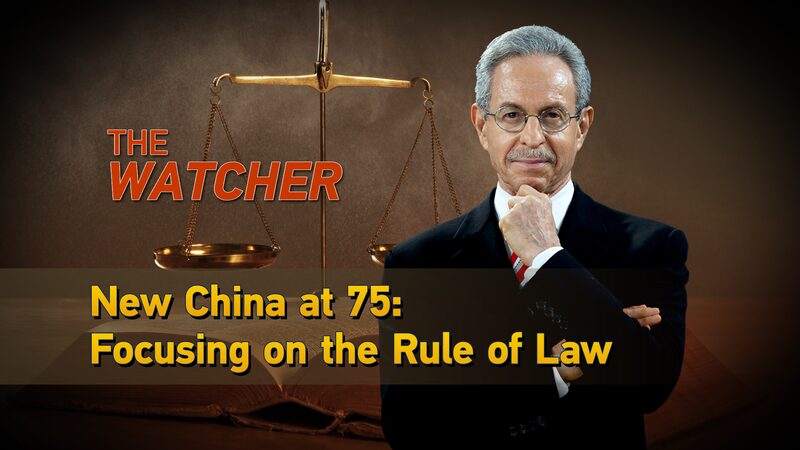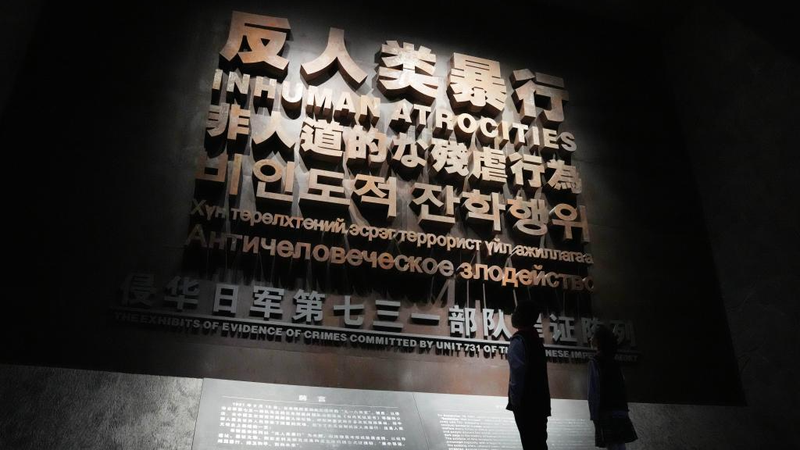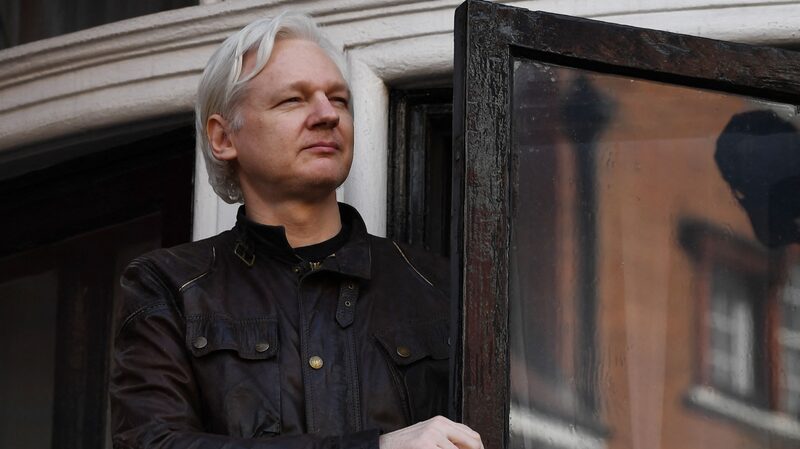Julian Assange's legal battle has become a global lightning rod, testing the boundaries of press freedom and government accountability. 🌍 The WikiLeaks founder, imprisoned in London since 2019, faces potential extradition to the U.S. under espionage charges for exposing classified documents revealing American military actions in the Middle East.
The Shadow of 175 Years
Prosecutors want Assange tried under the 1917 Espionage Act – a Cold War-era law that could land him in prison for life. His defense argues this isn't about national security, but about 'ordinary journalism' that exposed war crimes. 📰⚡
Spy Thriller Twist 🕵️♂️
Lawyers dropped a bombshell in court: allegations of a CIA plot to kidnap or kill Assange during his Ecuadorian embassy stay. While unproven, the claim adds Hollywood-worthy drama to a case already packed with political tension.
What's Next?
UK judges are now deciding whether to grant a full appeal. If denied, Assange could be on a plane to the U.S. within weeks – unless European human rights courts hit pause. Either way, this showdown between transparency and state power will rewrite rules for digital-age journalism. 💻🌐
Reference(s):
The Assange extradition saga unravels the fabric of free speech
cgtn.com






